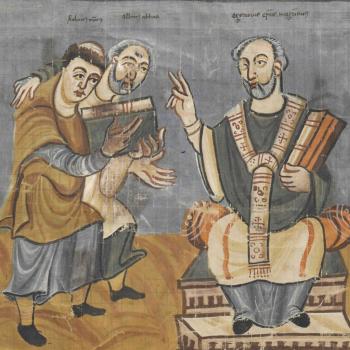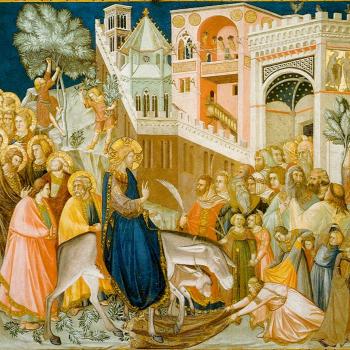After literally decades of planning and delay, Martin Scorsese has finally released his film of Shusaku Endo’s classic novel Silence, about the persecution of Catholic Christians in seventeenth century Japan. It looks magnificent. (You can watch the trailer here).
In the New York Times, Paul Elie has a wonderful article on The Passion of Martin Scorsese, about the film, and more generally about Scorsese’s relationship to faith. The “passion” pun is obvious enough, but very appropriate. Silence has been Scorsese’s obsession, his dominating passion, for several decades. At the same time, with its themes of atonement and sacrifice, the novel also represents a particular version of Christ’s Passion.
Through the years, I have written a fair amount ab0ut the novel, and about the circumstances it portrays. I have taught the book, at Baylor, and have also blogged on it quite a bit at this site and others. See for instance:
Destroying Japanese Christianity
As I have written, “Silence is a book about the death of a church. It tells a story firmly rooted in history, about the brutal persecution and destruction of the thriving Catholic mission in seventeenth century Japan, an era that produced many thousands of martyrs. It’s a fine historical novel, but beyond that, it is regarded as a spiritual classic because of the portrayal of the main character, Fr. Rodrigues, who tries to understand how God can permit the horrors he is witnessing. Why is God silent? Does He not exist, or does He not care about His creatures? Or is there a higher purpose utterly incomprehensible to humanity? Also, Rodrigues must decide how to respond himself to the destruction of a world – to an apocalyptic situation. His whole background teaches him to resist to the point of facing agonizing torture and martyrdom – and yet, the reality is quite different from what he expects. This is a book about faithfulness, about treason and betrayal, and very much about the relationship of Christian faith to state power.”
It will be very good to see a renewed focus on Endo’s work.
















